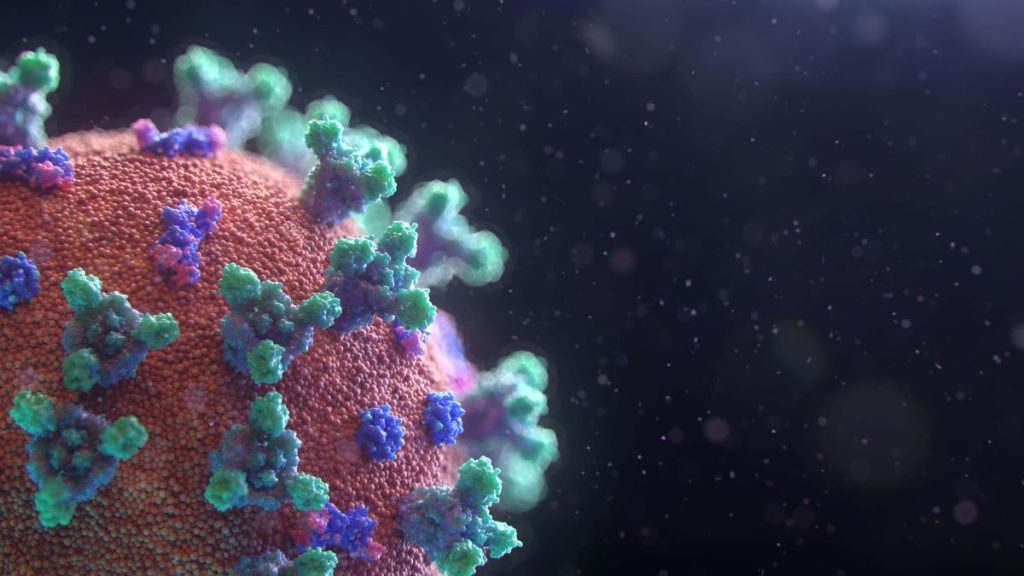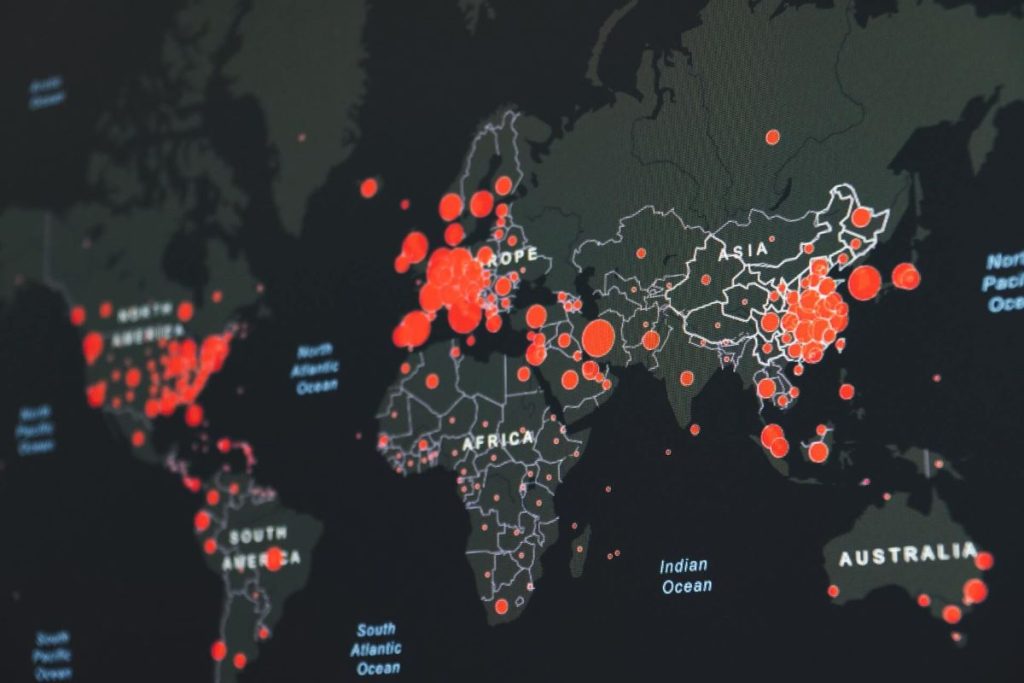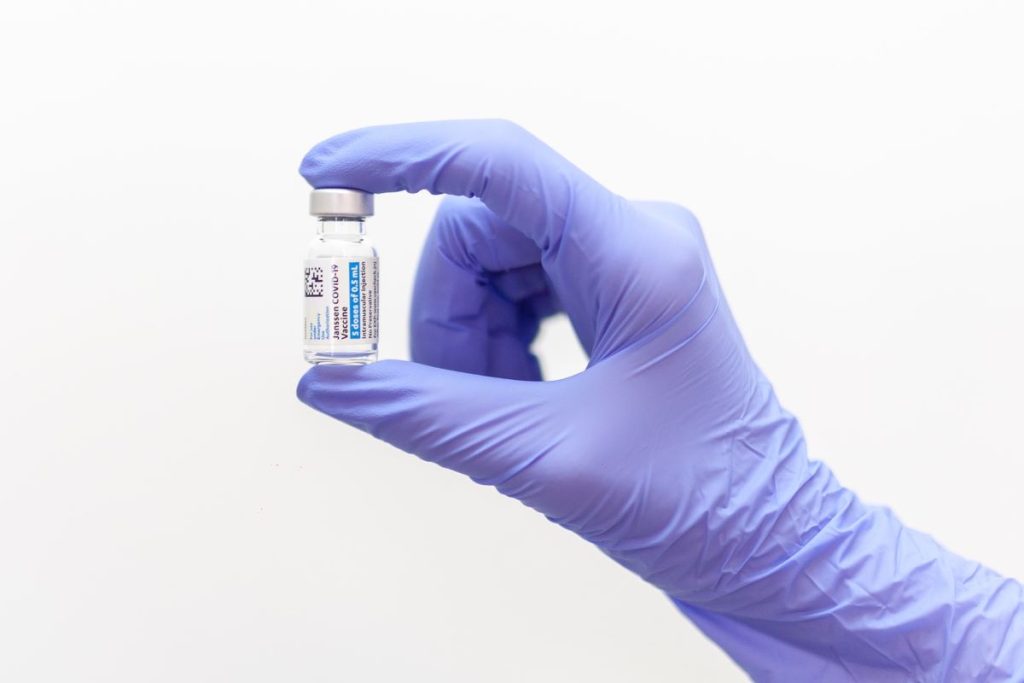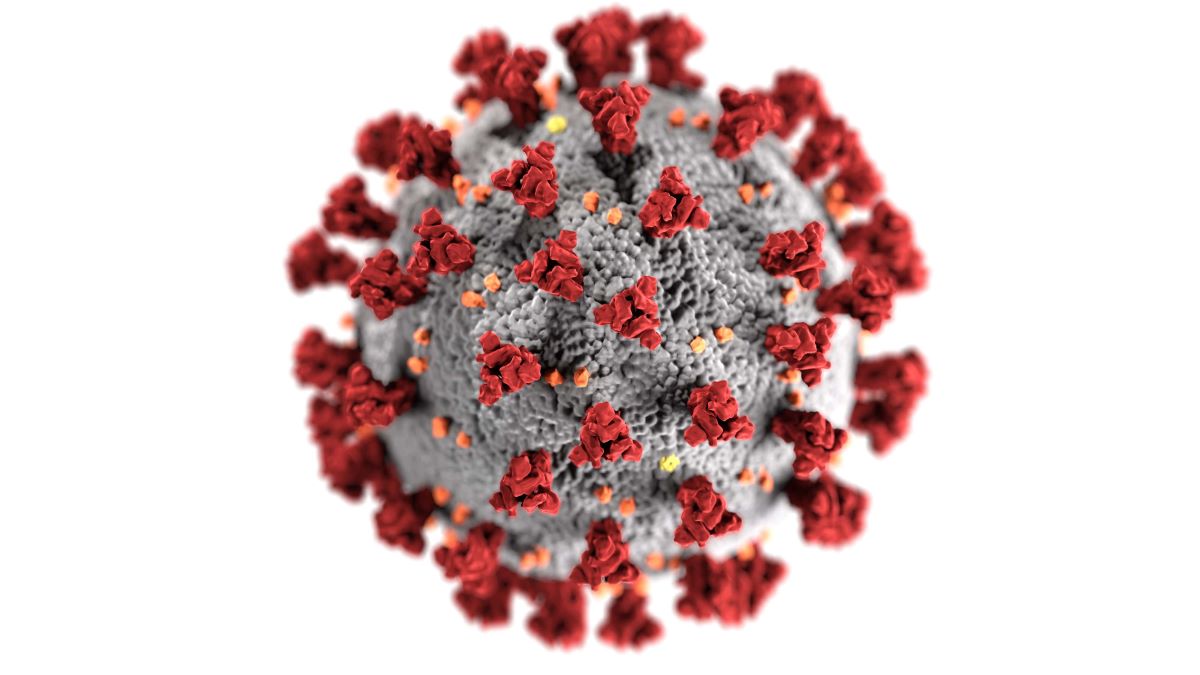COVID-19 variants are all over the news almost every day. With the fear of the Delta variant spreading in the country, we understand if you might be worried about your big plans, like buying a car or a preselling house and lot.
Luckily, scientists from around the world are already helping each other to find ways to fight the virus and all of its variants. One way of knowing how to address them is knowing how these variants develop.
How Do COVID-19 Variants Develop?

Every time the news updates about a new COVID-19 variant, you’re probably at home feeling more exhausted and infuriated. However, mutation of viruses is pretty normal, especially for viruses that have RNA (ribonucleic acid) as their genetic material. RNA are molecules that contain the genetic information of viruses like HIV, influenza, and coronaviruses.
All viruses are made up of genetic material that is covered by a protective layer of proteins. When they enter your body through your mouth or nose (sometimes, the eyes, like COVID), they latch onto one of your cells. Their DNA or RNA will then enter your cell and make copies of itself that go and attack your other cells.
Now, if your immune system isn’t able to wipe out the virus quickly enough, this multiplication process will continue. However, sometimes, errors occur during the copying process, and those errors will carry on and multiply. That’s the mutation.
Most of the time, these mutations are so minimal that they don’t have significant changes in the structure of the virus and how it works. Sometimes, even, these mutations can make the virus weaker and easier to kill. However, it goes both ways and sometimes the mutation will give the virus capabilities to attack your body more easily and replicate itself faster.
Mutations or genetic mistakes that give the virus a stronger advantage will continue to pass on and accumulate over time until it becomes part of the normal genome of the virus. Ultimately, this becomes a new variant of a virus strain.
How drastically and quickly a virus changes or mutates can greatly affect how we fight them.
This is because the existing tests are built to detect the virus before the mutation. Consequently, the mutations may also respond differently to current medications and treatments, and can even become unrecognizable by the antibodies you developed after recovering from an infection or vaccination.
For this reason, scientists all over the world are always closely looking at the variants of COVID-19 so that they can address them immediately. Their main job is to make sure that the current vaccines still provide enough protection against these variants.
What Are the Variants of COVID-19 (so Far)?

An interagency group established by the US Department of Health and Human Services (HHS) focuses on the quick characterization of variants and emerging variants, and actively monitors their potential effect on the existing COVID-19 countermeasures.
According to the official website of the Centers for Disease Control and Prevention (CDC), an organization that is part of the interagency group, there are three classifications of COVID-19 variants:
● Variant of High Consequence (VHC)
● Variant of Concern (VOC)
● Variant of Interest (VOI)
A variant will be classified VHC if it has clear evidence that the current medical countermeasures or prevention protocols are significantly less effective against the variant. Moreover, the variant must have significant resistance to multiple approved therapeutics which should lead to more severe cases and increased hospitalizations.
So far (and hopefully never), there are currently no COVID-19 variants under the VHC classification.
Meanwhile, a variant will be classified VOC if there is evidence of increased transmissibility, more severe disease, reduced effectiveness of treatments, diagnostic detection failures, and a significant reduction in antibodies generated through infection or vaccination.
Variants of Concern
As of writing, there are currently four VOCs according to the World Health Organization (WHO) and CDC: Alpha, Beta, Gamma, and Delta.
SARS-CoV-2 Alpha Variant
The Alpha variant was first detected in the United Kingdom in November 2020 from a sample taken in September and was quickly designated as a variant of concern on the 16th of December 2020. This variant was estimated to have been more likely to spread by as much as 40% to 80% compared to the first type of SARS-CoV-2.
Additionally, the cases of the Alpha variant have so far been reported in 172 countries out of 194 sovereign states and dependencies. According to the Department of Health (DOH) of the Philippines, as of June 21, 2021, Alpha variant cases are currently at 1,085.
The Alpha variant causes increased severity, with a wide range of further symptoms, including chills, headaches, muscle aches, and loss of appetite being the most common.
Moreover, according to the Center for Infectious Disease Research and Policy of the University of Minnesota, the variant causes 65% higher odds of death in primary care patients, and a 42% higher risk of hospitalization. Luckily, the WHO reports that it has minimal impact on the neutralization effects of the vaccines, and it has no impact on antibody treatments.
SARS-CoV-2 Beta Variant
The Beta variant was first detected in South Africa in October 2020 from samples taken in May 2020. It was then designated as a variant of concern on the 18th of December 2020 and has 50% increased transmission rate.
According to GISAID, a global science initiative dedicated to providing access to data of flu viruses and the coronavirus, 103 out of 194 sovereign countries have detected cases of the Beta variant as of July 21, 2021. Meanwhile, in the Philippines, the DOH reports that there are 1,267 cases of the Beta variant in the country.
The variant has been reported to be prevalent among younger people, even with no underlying health conditions. Luckily, according to the BBC, there is no clear evidence that the Beta variant causes more severe illness for the majority of people. However, as with the original COVID-19 virus, the risk is still highest for elderly people and those that have underlying health conditions.
Moreover, vaccines that are currently available are all largely effective in helping to prevent severe infection, hospitalization, and deaths. However, as reported by CNBC, the WHO still warns that there is a possible decreased protection against symptomatic disease and infection, and some antibody treatments can be less effective.
SARS-CoV-2 Gamma Variant
The Gamma variant was detected by the National Institute of Infectious Disease of Japan in January 2021 by four people who arrived in Tokyo from Brazil. It was then found from samples taken in November 2020 and was designated as a variant of concern on the 11th of January 2021.
As of writing, the Gamma variant has been detected in 62 to 71 countries. In the Philippines, there were two detected cases of the variant. Luckily, according to the DOH, there are currently no active cases of the variant in the country.
Now, according to joint research by Yale School of Public Health (YSPH) and the Oswaldo Cruz Foundation in Brazil, the Gamma variant caused more than 80% of the cases found in different places in Amazonas. Moreover, it can produce nearly 10 times more viral load compared to other variants, and 2.2 times transmissibility in young adults, adults, and older people.
Luckily, according to the same research, our current vaccines are still highly effective in protecting against the variant. However, there is still reduced effectiveness in antibody medications and antibodies generated from post-infection and vaccination.
SARS-CoV-2 Delta Variant
The Delta variant was first detected in India in October 2020 and was classified as a variant of concern in May 2021. So far, this variant is the most contagious version of the virus and is more easily contracted than the other variants.
According to an internal CDC report, the Delta variant is more transmissible than MERS, Ebola, flu, and smallpox, and is as infectious as chickenpox.
As of writing, the variant has already affected 130 out of 194 sovereign countries. In the Philippines, the DOH confirms the community spread of the variant in NCR and CALABARZON, and there are currently 1,273 cases.
The most common symptoms have also changed from the common symptoms of previous variants of COVID-19. Delta cases have been reported to cause headaches, runny nose, sore throat, breathlessness, or fever. So it can easily be confused with the common cold.
Fortunately, the best protection against the variant is still to get vaccinated. Now, while you can still get the variant even if you’re fully vaccinated, it still protects you from receiving the full brunt of the virus. Therefore, you should still follow basic health protocols even when you’re seemingly safe while visiting a preselling house and lot.

Variants of Interest
As of writing, there are currently four VICs according to the World Health Organization (WHO) and CDC: Lambda, Kappa, Iota, and Eta.
SARS-CoV-2 Lambda Variant
The Lambda variant was first detected in Peru in December 2020 and was designated as a variant of interest on the 14th of June 2021. This variant has spread rapidly through South America, but the cases seem to have been dropping as there are currently no new cases of the variant in Peru.
As of writing, 44 countries have reported having detected the variant. In the Philippines, the first case of the variant was reported to be from a pregnant 35-year-old from Western Visayas. However, the patient apparently got it locally, and not overseas. The patient was part of the cluster of infections in the area, and experts fear that there are already a lot of unreported cases in the country.
Meanwhile, according to the National Health Service (NHS) of the UK, there are currently no distinct differences in symptoms with the Lambda variant. However, you should still be watchful of the following:
● A high body temperature
● Continuous coughing
● Loss or change in sense of smell or taste
Moreover, it is currently unknown whether the Lambda variant is more infectious, but it still carries the potential to lead to increased transmissibility. More data is yet to come in terms of the effectiveness of vaccines against the variant.
SARS-CoV-2 Kappa Variant
The Kappa variant was first detected in India in October 2020 and was designated as a variant of interest on the 4th of April 2021. According to India Times, this variant is not a cause for concern, but may still be capable of escaping immune response.
As of writing, 55 countries have been reported having detected the Kappa variant. Meanwhile, in the Philippines, there are no cases of the variant so far.
There is currently no further data available about the variant, as research is still being done on the mutation.
SARS-CoV-2 Iota Variant
The Iota variant was first detected in the United States of America in November 2020 and has been classified as a variant of interest on the 24th of March 2021. The variant has been reported to have mutations that can evade antibodies and bind tighter to human cells.
As of writing, there are currently 57 countries affected by the variant, with the Philippines reporting zero cases so far.
Unfortunately, according to a study conducted by the New York City Department of Health and Mental Hygiene and the Mailman School of Public Health, the variant has considerably higher transmissibility. It can also increase the fatality rate by 62% to 82% among older adults.
Currently, there is no further data available about this variant.
SARS-CoV-2 Eta Variant
The Eta variant was detected in multiple countries in December 2020 and was designated as a variant of interest on the 17th of March 2020. The strain carries the same mutation found in Gamma and Beta variants.
Furthermore, according to the India Times, it is identified to cause significant community transmission. However, there is no further available data currently available in terms of its fatality and transmissibility.
Can Vaccines Protect Against COVID-19 Variants?

Quick answer: yes.
All FDA-approved COVID-19 vaccines can protect against the virus and its variants. They are effective in keeping you from getting the virus, or if you do catch the disease, you’re still safe from getting very sick or dying.
Think of it as wearing a helmet when you visit a preselling house and lot while riding a motorcycle. The helmet doesn’t stop accidents from happening, but it will protect you from severe injuries that could lead to death. Vaccines act as your helmet against COVID-19.
Will There Be More New Coronavirus Variants?
Sadly, there will be more and more new coronavirus variants as long as the virus continues to spread through the population. This is why fighting the virus must be a global effort and getting the majority of the population vaccinated is key to making our lives more livable, even with COVID.
Related Blog: Things you Need to Know about the Lambda Variant


